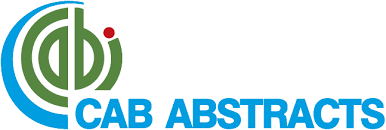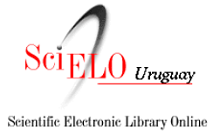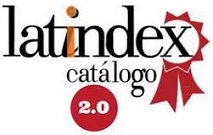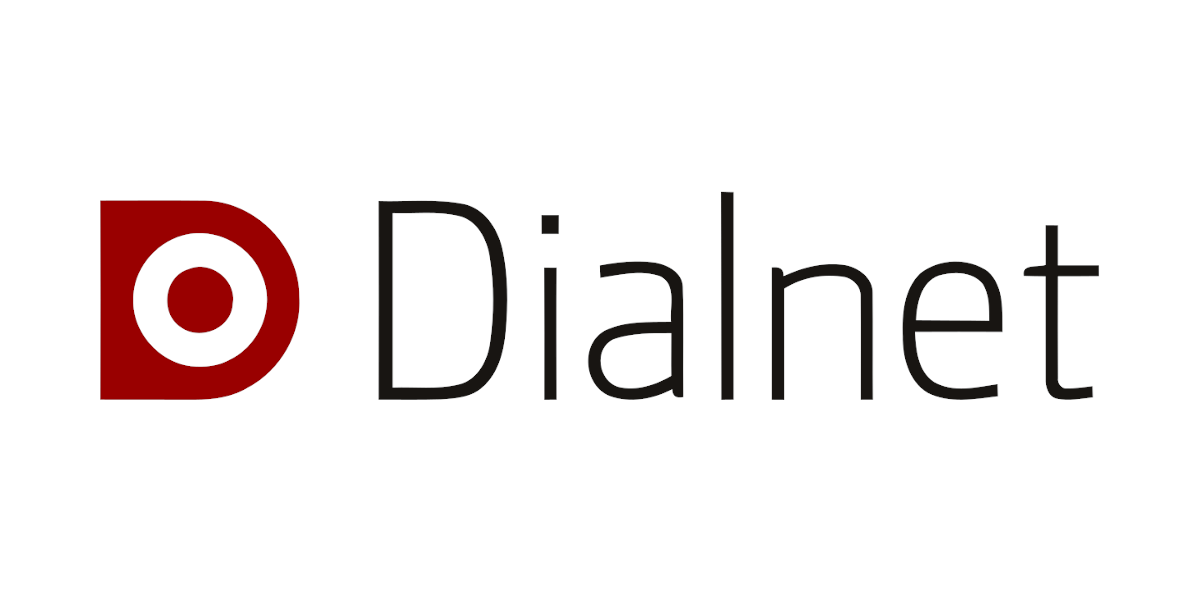Aceite esencial de Protium heptaphyllum: eficacia antibacteriana en cáscaras de huevos fértiles y perfil de toxicidad utilizando el hen’s egg test Chorioallantoic membrane (HET-CAM)
Palabras clave:
Desinfectantes naturales, Huevos de incubación, Seguridad microbiológicaResumen
The routine sanitization of hatching eggs, necessary due to frequent contamination in poultry farms, has been associated with human and embryonic health risks. Studies indicate the importance of using practices that involve natural materials. This study aims to evaluate the antibacterial potential of Protium heptaphyllum essential oil (PHEO) on hatching eggshells and its toxicity profile using the Hen’s Egg Test Chorioallantoic Membrane (HET-CAM). The Ethics Committee on Animal Use of the University of Brasília approved the present study under protocol No. 61/2022. The antibacterial activity of PHEO was evaluated using the microdilution method against Staphylococcus aureus 23923 and Escherichia coli J96 (ATCC, Manassas, VA, USA). After confirming that PHEO exhibited a Minimum Inhibitory Concentration (MIC) at a concentration of 400 mg/mL against both bacteria, the subsequent steps were initiated. Hatching eggs were sprayed with 93.8 % grain alcohol or 1 % PHEO (at a concentration of 400 mg/mL). A group of non-sanitized eggs was also evaluated. The eggs were then subjected to eggshell bacterial count analysis. Sanitizers were subjected to toxicity analysis using HET-CAM. For this purpose, non-sanitized hatching eggs were incubated in a single-stage setter for ten days at an average temperature of 37.7 ºC and 60 % humidity. After this period, each sanitizer was tested in triplicate, with 200 μL pipetted onto the exposed membrane. Congestion, hemorrhage, and coagulation changes were monitored for up to 5 minutes after the sanitizer application. The essential oil was tested at the same concentration as that applied to the eggshell. The data were analyzed using analysis of variance in SAS Studio University Edition, and means were compared using Tukey’s test at a significance level of 5 %. Eggs sprayed with PHEO (1.07 ± 0.43 log10 CFU/mL) showed significantly lower (P<0.05) counts of total aerobic mesophilic bacteria on the shell compared to non-sanitized eggs (2.87 ± 0.40 log10 CFU/mL) and eggs sprayed with grain alcohol (2.28 ± 0.82 log10 CFU/mL). After sanitization with PHEO, the eggshells showed no bacteria from the Enterobacteriaceae family. The HET-CAM test showed that PHEO diluted in 0.9 % saline solution exhibited mild irritation to the blood vessels of the CAM. This study supports the safe use of PHEO for sanitizing hatching eggs.
Descargas
Publicado
Cómo citar
Número
Sección
Licencia
Derechos de autor 2025 Sociedad de Medicina Veterinaria del Uruguay-Facultad de Veterinaria, Universidad de la República

Esta obra está bajo una licencia internacional Creative Commons Atribución 4.0.











